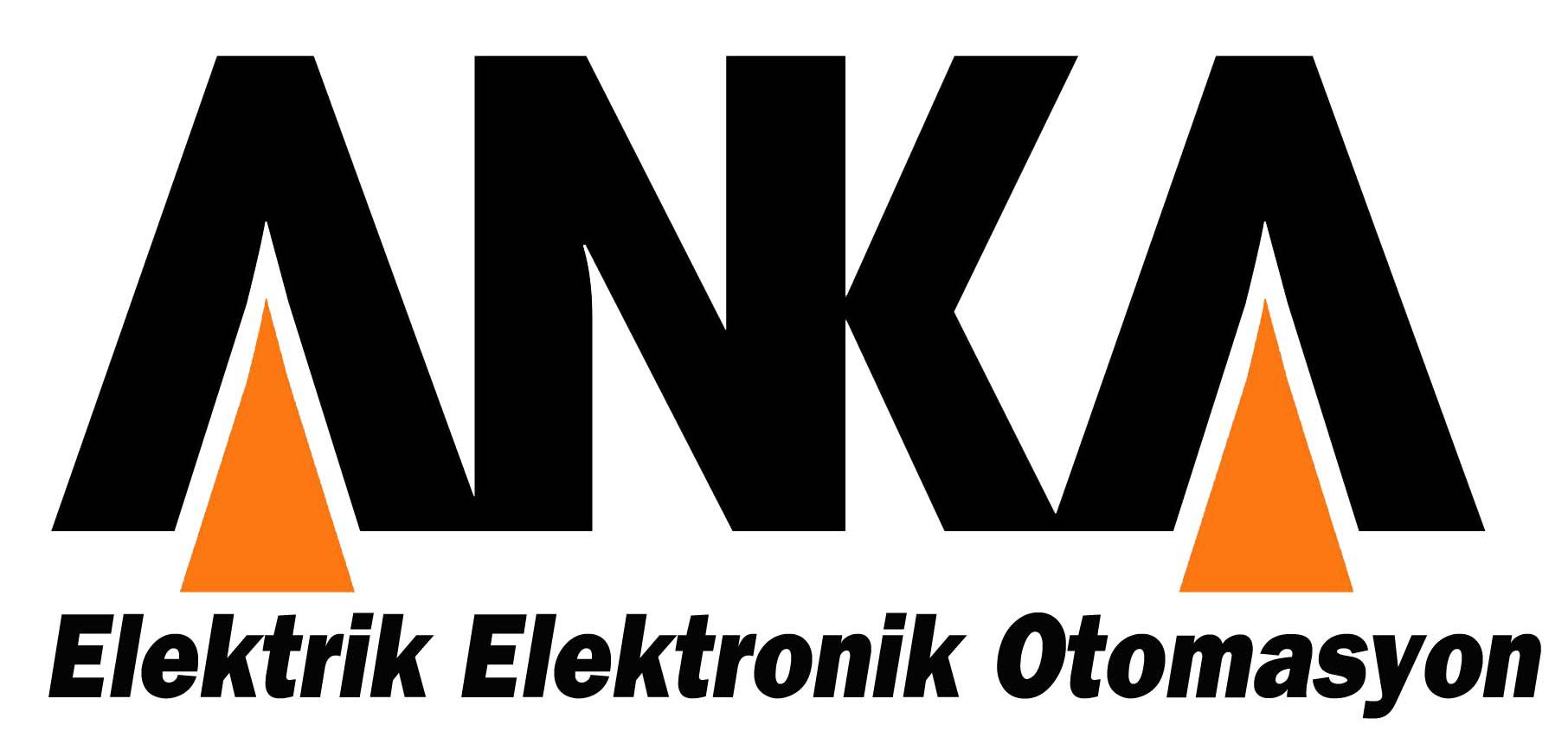The Future of Sustainable Investing in Tech-Driven Funds
Sustainable investing has gained traction in recent years as investors have increasingly become aware of the environmental, social, and governance (ESG) factors that can impact the long-term performance of their investments. With the rise of tech-driven funds and the growing influence of technology in our daily lives, the intersection of sustainable investing and technology presents an exciting opportunity for investors looking to align their values with their investment strategies.
Tech-driven funds, which focus on companies that leverage technology to drive innovation and growth, have become increasingly popular among investors seeking exposure to high-growth sectors such as artificial intelligence, renewable energy, and electric vehicles. These funds typically invest in companies that are at the forefront of technological advancements and have the potential to disrupt traditional industries.
However, as the tech sector continues to evolve and face increasing scrutiny over issues such as data privacy, cybersecurity, and tech addiction, investors are starting to pay more attention to the ESG practices of the companies in which they invest. Sustainable investing in tech-driven funds involves not only evaluating companies based on their financial performance, but also on their impact on the environment, society, and governance practices.
One of the key challenges facing sustainable investing in tech-driven funds is the lack of standardized ESG metrics and reporting standards. While some companies voluntarily disclose their ESG practices, others may not be as transparent, making it difficult for investors to accurately assess the sustainability of their investments. This lack of consistent data can lead to challenges in comparing companies and making informed investment decisions.
To address this issue, regulators and industry associations are working to develop standardized ESG reporting frameworks that will help investors better evaluate the sustainability performance of companies. For example, the Task Force on Climate-related Financial Disclosures (TCFD) has developed recommendations for companies to disclose information on climate-related risks and opportunities, providing investors with a clearer picture of how climate change may impact their investments.
In addition to regulatory initiatives, advancements in technology are also playing a crucial role in improving ESG transparency and reporting. Artificial intelligence and machine learning algorithms can now be used to analyze large amounts of data and identify ESG risks and opportunities that may not be apparent through traditional financial analysis. This technology can help investors better understand the sustainability performance of companies and make more informed investment decisions.
Another trend shaping the future of sustainable investing in tech-driven funds is the rise of impact investing, which focuses on generating positive social and environmental outcomes alongside financial returns. Impact investors are increasingly looking for opportunities to support companies that are addressing key social and environmental challenges, such as climate change Voltprofit Max, poverty, and inequality.
Tech-driven funds are well-positioned to capitalize on the growing demand for impact investing, as technology has the potential to drive positive change in areas such as renewable energy, healthcare, and education. By investing in companies that are using technology to address these challenges, investors can not only generate competitive returns but also make a positive impact on society and the environment.
Overall, the future of sustainable investing in tech-driven funds looks promising, as investors increasingly recognize the importance of considering ESG factors in their investment decisions. By leveraging advancements in technology and embracing impact investing principles, tech-driven funds can play a key role in driving positive change and creating a more sustainable future for generations to come.

Son yorumlar